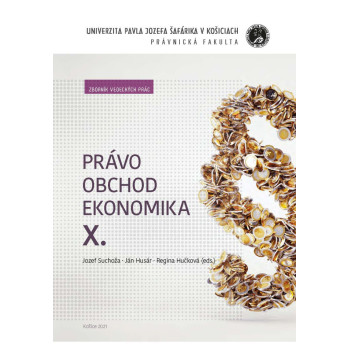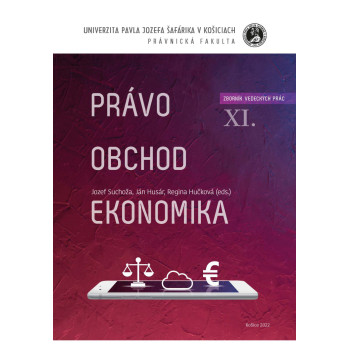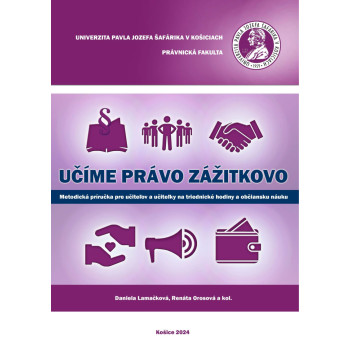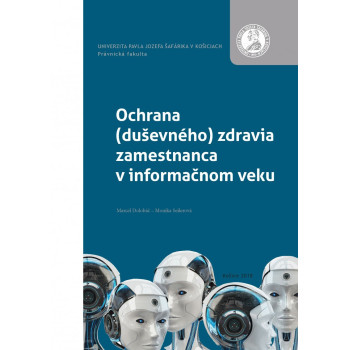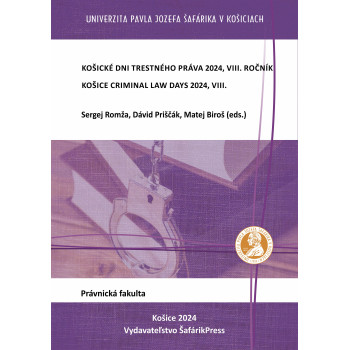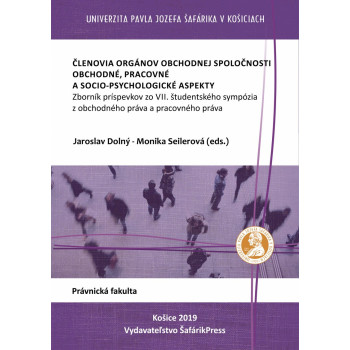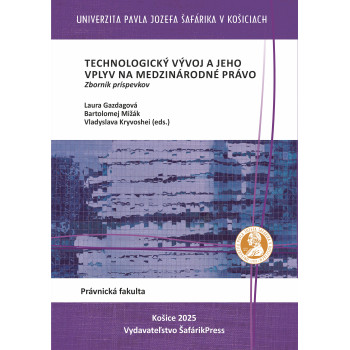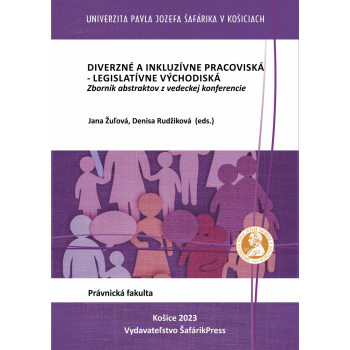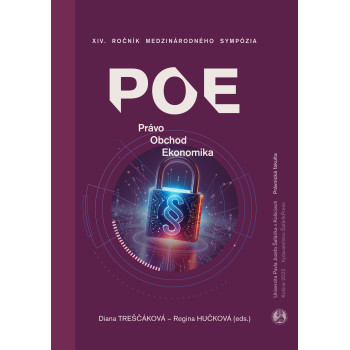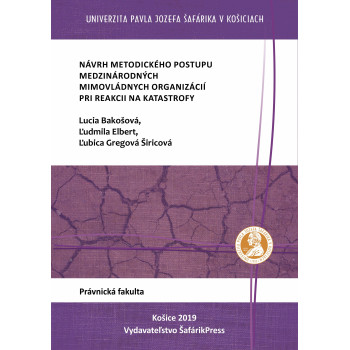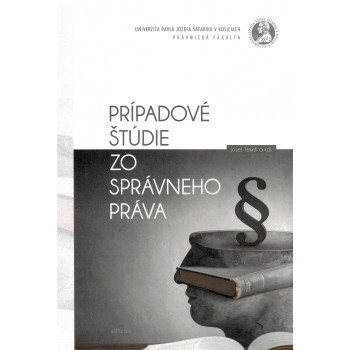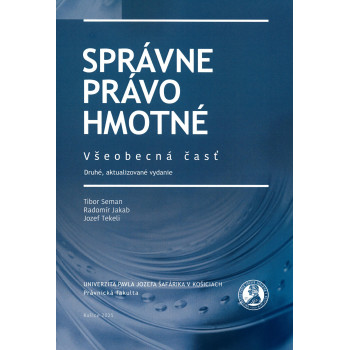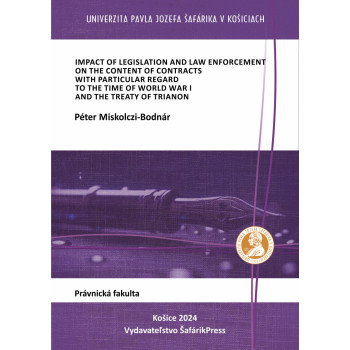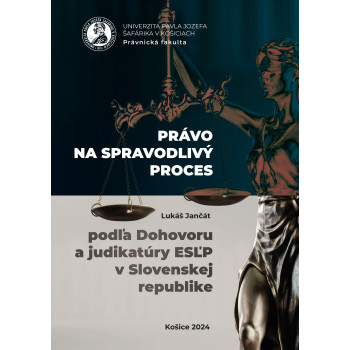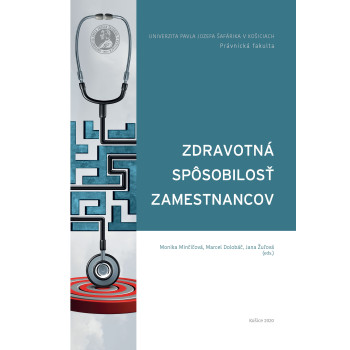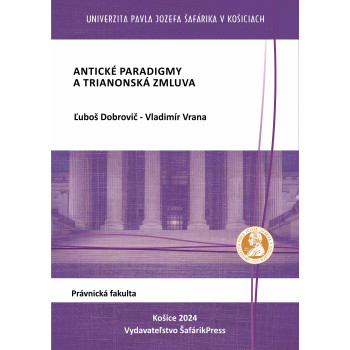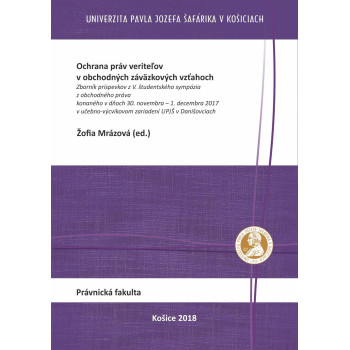
PRÁVO – OBCHOD – EKONOMIKA X.
E-book
Jozef Suchoža - Ján Husár - Regina Hučková
Proceedings of the International Scientific Symposium
Collection Law-Commerce-Economy X. is a publication containing professional contributions by the authors, especially with regard to commercial law, civil law, labor law, intellectual property law, but also digital technology law. The thematic focus of the international scientific symposium was concentrated in three areas representing open problems of commercial law with regard to the solution of the economic and social crisis caused by the so-called pandemic (corona crisis), current issues of corporate law in the EU and artificial intelligence and law: the influence of artificial intelligence on the normative activity of the state and court decisions. With regard to the content orientation of the outputs, the publication is suitable not only for readers from the academic environment, but also from applied practice.
Download e-book for free (pdf)



